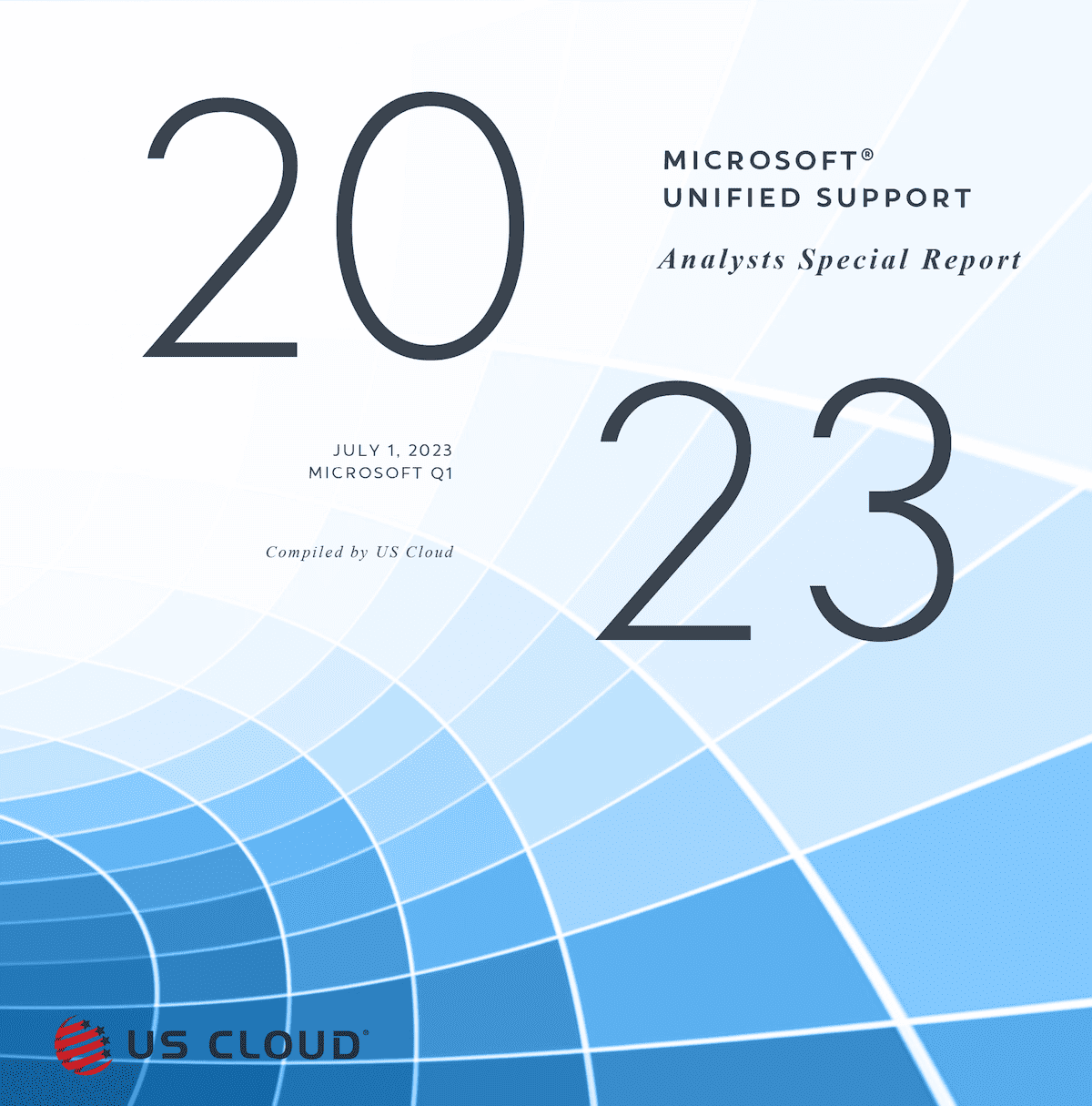
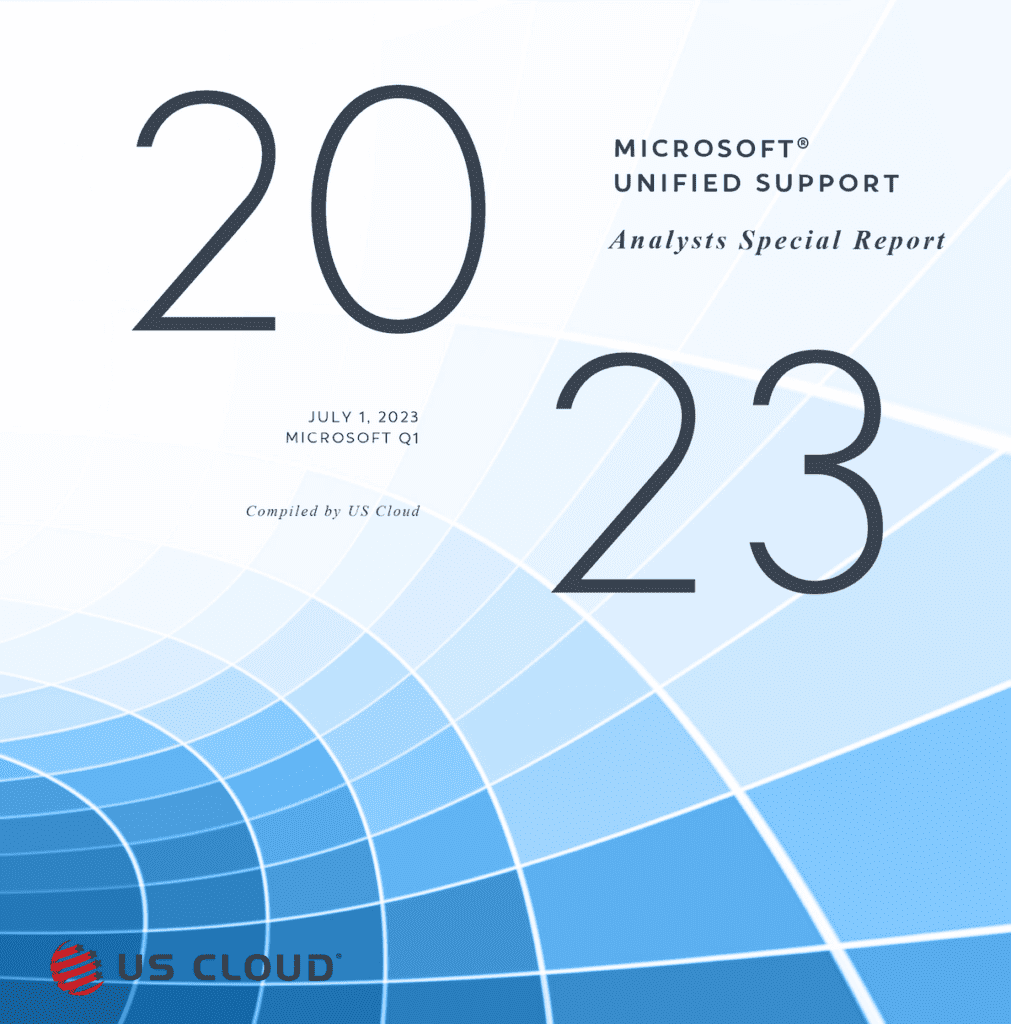
Microsoft Unified Support – Q3 2023 Analysts Report.
THE MICROSOFT® UNIFIED SUPPORT 2023 SPECIAL ANALYSTS REPORT
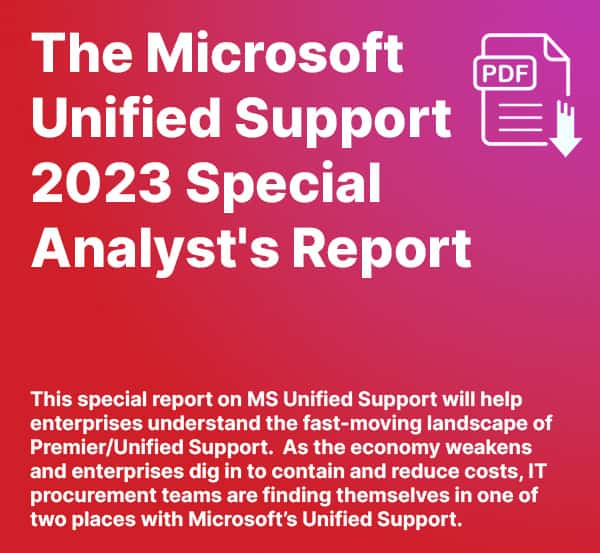
Enterprises must read the Microsoft Unified Support 2023 Analysts Report to understand the latest MS Unified changes and assess alternatives.
Audience: CIO and IT Executives | Sourcing, Procurement and Vendor Management
Instant Download: The Microsoft Unified Support 2023 Special Analyst’s Report (PDF)
This special report on MS Unified Support will help enterprises understand the fast-moving landscape of Premier/Unified Support. As the economy weakens and enterprises dig in to contain and reduce costs, IT procurement teams are finding themselves in one of two places with Microsoft’s Unified Support.

LANDSCAPE
AI further shifts Microsoft priority away from services/support
Microsoft’s CEO, Satya Nadella, has announced that AI is now the #1 priority at Microsoft. Microsoft is a software company and they are changing the way they produce their software.
It’s a radical shift in the core workflow inside Microsoft. It will essentially require a complete rewiring of the machine we know as Microsoft. Think fewer people needed for greater output. The Microsoft CEO goes on to share a few more AI thoughts in a recent interview.
What we have done for the (software development) craft with this AI programmer Copilot [which writes the mundane code and frees programmers to tackle more challenging problems] is beautiful to see. Now, 100 million developers who are on GitHub can enjoy themselves. As AI transforms the process of programming, though, it can grow 10 times—100 million can be a billion. Wired Magazine, June 13, 2023
Embracing AI will make Microsoft incredibly efficient at producing the business software of the future but will take continued investment in their OpenAI partnership, reducing headcount, and building AI assets. Don’t be surprised if Microsoft’s ultimate goal is to be the AI engine that billions of people come to rely on.

Unified Support value weakens in economic downturn
As the economy weakens and enterprises dig in to contain and reduce costs, IT procurement teams are finding themselves in one of two places with Microsoft’s Unified Support.
Either they have been recently converted from a Premier Support agreement and were somewhat able to offset transition costs with SA credits (now expired) or they are emerging from a multi-year Unified contract.
Those with multi-year Unified contracts, or who tried to tie Unified into their Enterprise Agreement (EA) in order to lock in Unified rates during high inflation, were greeted with the reality of a Unified Support cost baseline that reset annually in most cases (cloud consumption growing more than 5% annually).
All but the very largest Microsoft customers are reporting luke-warm Unified Support quality. Many aren’t able to take advantage of the full menu of items being offered by Unified and price increases continue to outpace inflation leaving CFOs questioning the value of the service.

Microsoft workforce reduction and open Unified jobs
Microsoft cut 5% of its global workforce in January, 2023 as tech giants continued paring headcount to ride out rough economic conditions.
The mass layoff amounted to 11,000 jobs of Microsoft’s 220,000 employees. As reported by Bloomberg, the engineering department and human resources department were impacted the most.
The cuts came just weeks after Microsoft CEO Satya Nadella warned of two years of challenges ahead for the tech industry. The culling might save Microsoft around $2.5 billion over the next 12 months, or 14 cents per share when including the charge, analysts at Evercore ISI, wrote in a note to clients.
Microsoft reports a Unified global team of over 17,000 architects, engineers, consultants, and support professionals. There are currently 3,000+ open Unified support professional jobs at Microsoft or 18% vacancy.
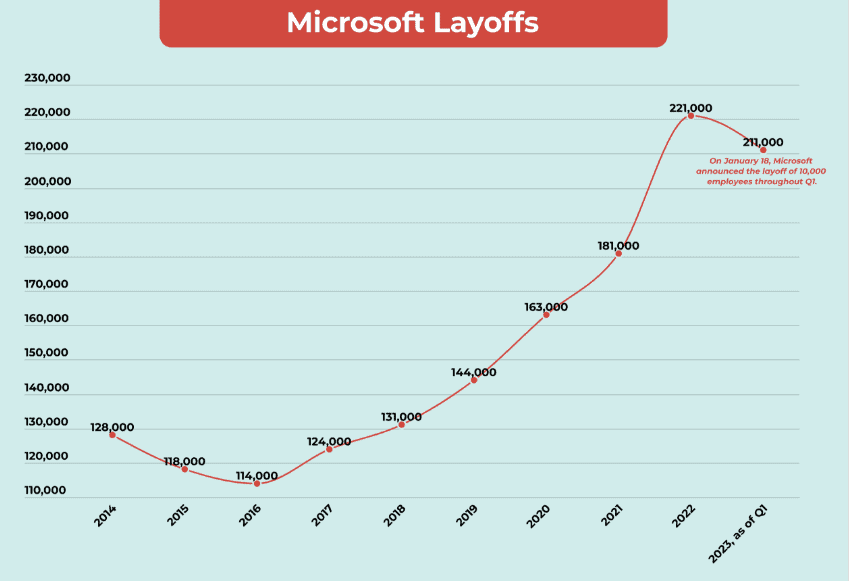
PERFORMANCE
Unified time to resolution (TTR) measurement skewed?
The devil is truly in the details in most cases.
For those of you not running a large helpdesk or 24/7 global support business, Median Time To Resolution is different than Average or Mean Time to Resolution (MTTR).
According to ServiceNow, ConnectWise and Zendesk, mean is used for normal number distributions, which have a low amount of outliers. The median is generally used to return the central tendency for skewed number distributions. How is it calculated? The average is calculated by adding up all the values and dividing the sum by the total number of values.
The following is taken directly from Microsoft’s Reporting and Trends for Unified Support document. On the mean time to resolution histogram (MTTR), see the rate at which your support requests are being handled and resolved by product. This data come from support requests that have already been closed and excludes requests with unusually short or long times to closure, such as duplicate issues and bugs. This is calculated using your available support request data for the last 18 months.
US Cloud uses average Time to Resolution across all Microsoft technologies and ticket severities. We believe Microsoft more accurately uses median Time to Resolution since our clients report mostly long time to closures on lower severity Unified tickets with many tickets closed before resolution, presumably to minimize Unified Support reporting blemishes.

Critical response time of 60 min slow for all products but Azure
Most IT help desk experts agree that the bigger the organization, the slower the response time.
If this is indeed the case, the question then becomes, how long is too long for a customer to wait for a response, particularly in an outage or critical severity incident? According to Forester Research, “77% of customers say that valuing their time is the most important thing a company can do to provide them with good customer service.”
With over half of all Microsoft-centric enterprises still relying heavily on on-premise infrastructure, and some new data center buildouts likely with the need for private AI infrastructure, Azure is not the only critical workload for Enterprise IT support teams to manage.
Great customer support requires personal interactions. Talk to people, figure out their problems, and help them out with a smile—that’s what leads to satisfied customers and a shorter support queue. Everyone hates waiting for an answer, and enterprise customers are no different. There’s almost no way to make a customer’s day better than to respond quickly after they contact you with a problem.

TAM to CSAM restructuring downgrades support experience
Under the legacy Microsoft Premier Support program, Microsoft used Technical Account Managers (TAM) as the first point of contact between Microsoft and Premier customers.
Their main focus was understanding enterprise customer problems and using Microsoft technologies to create business impact for them. From Microsoft’s perspective the success measurement of a TAM was client satisfaction. From the enterprise’s perspective, the success measurement was ROI of Microsoft software. Were they squeezing every ounce of value out of their Microsoft spend.
Under the new Microsoft Unified Support program, Microsoft is using Customer Success Account Managers (CSAM) as the first point of contact between Microsoft and Unified customers. Their focus per 2023 job posts is is customer relationship management, account planning, opportunity identification, solution consumption, and technical competencies. From Microsoft’s perspective the success measurement of a CSAM is consumption. From the enterprise client’s perspective, the success measurement is still ROI of Microsoft software. In other words, how do we maximize the value of our Microsoft spend?
US Cloud has many former Microsoft Technical Account Managers as employees. Microsoft enterprise support customers share with us that they prefer a US Cloud TAM over a Microsoft CSAM because they are solely focused on customer advocacy. They have no selling responsibilities or agenda. Whereas, the CSAMs are looking to increase consumption of Microsoft services and identify additional seller opportunities. Other minor complaints about CSAMs include less technical experience and high turnover.

COMPLIANCE
Offshoring of Unified service delivery increases compliance risk
Microsoft Unified Support is Microsoft’s premium support option for enterprises around the world, but your support hours are precious.
You need resolutions promptly when issues arise, but Microsoft doesn’t have enough nationally sourced engineers to handle the load, so they employ the help of overseas technicians from countries like India.
This isn’t inherently bad as, theoretically, it opens up the talent pool and enables 24/7 response times for tickets. If a late-night ticket comes in, someone in India can handle it since it’s normal work hours for them. However, there are some dangers associated with the use of “foreign nationals” that should give Unified Enterprise Support customers pause when considering if they should stick with Microsoft or consider third-party support with all US domestic engineering teams.
Normally there would be safeguards in place to keep all actions during ticket resolution within compliance parameters, but with outsourced IT operations from overseas entities, there is inherently less oversight. While the odds of your Unified support data being leaked are low, they are no longer being handled with the strictest compliance in mind as someone outside of US laws and regulations is now handling your enterprise data.
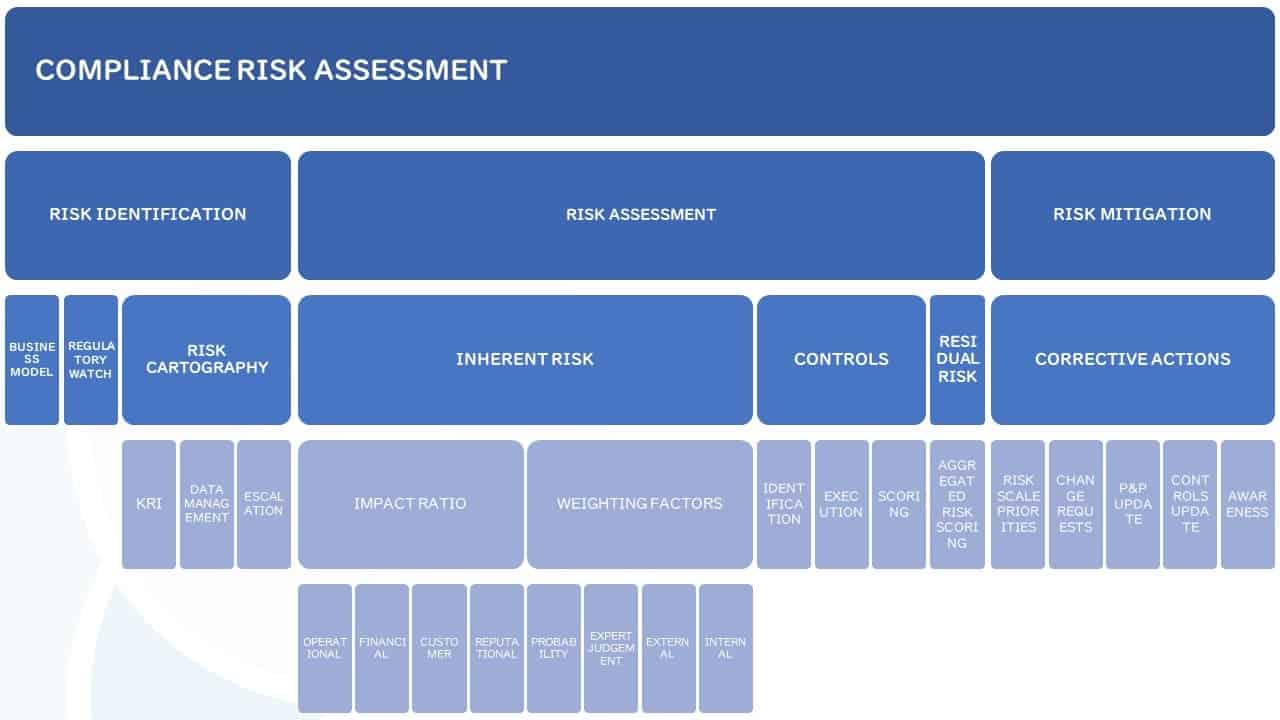
Sensitive support logs and infrastructure data not guaranteed to remain in US
Just as Microsoft will not contractually guarantee a domestic US person will work all your Unified support tickets, the same goes for sensitive system logs and infrastructure data.
Ideally, the data needed to resolve your Unified support ticket should stay in the Country of Origin (COI) or at a minimum, in the country where all the service delivery engineers are located.
Regulated (energy, auto, banking, pharma) or industries susceptible to industrial espionage (communications, manufacturing, utility, transportation, construction, maritime, government, information technology, and education) would do well to further secure their IT supply chain by selecting a Microsoft Enterprise Support vendor who can guarantee contractually the sovereignty of both their support data and personnel who have access to the data and are working closely with their internal IT teams.
For many organizations, they are blissfully unaware of the compliance risk created by support data flowing overseas and foreign nationals working on their Microsoft technology support tickets. With little awareness of the problem, risk management teams fail to protect their organization and compliance teams assume they are safe from industry fines and damaging news headlines.

QUALITY
Microsoft acknowledges use of contractors for service delivery
The Microsoft Unified Support sales team has recently confirmed in writing that Microsoft continues to provide service delivery via contractors, not full time Microsoft employees.
Microsoft claims that all Unified support contractors are “vetted to the same high standards as employees and work seamlessly as part of the Microsoft delivery organization.”
Microsoft did not comment on the customer satisfaction ratings, experience levels, or compliance risk of foreign national contractors working Unified support tickets. Nor did they comment if enterprise customers are notified when there is a handoff from a Microsoft employee to a v-dash contractor. Or even better, if enterprises have the option to opt-out of foreign v-dash contractors handling a particularly sensitive ticket.
US Cloud Microsoft Enterprise Support contracts require us to name our technology partners so that enterprise security teams may validate US Cloud partners as part of their vendor verification process. You may want to check your Unified Enterprise agreement plan for such a clause. If you don’t find it, most legal professionals would recommend inserting it as CISOs need to assess the risk of foreign outsourcers like Tata, Wipro or Mindtree being inserted into their IT supply chain as part of Microsoft’s Unified support delivery team.

4,000 Unified reports verify third-party US Cloud resolution is faster
As more enterprises look at alternatives to Microsoft Unified to improve support quality or reduce cost, the number of Unified Support reports being shared with US Cloud have increased substantially.
US Cloud Microsoft Enterprise Support clients Unified data is parsed against all Microsoft technologies by ticket severity. Over the past 12 months, US Cloud average Time to Resolution (TTR) is significantly faster than Microsoft Unified Support and the gap is growing as US Cloud continues to mature and work operational efficiencies while Unified ticket load increases as more customers are converted from Premier to Unified.
Low severity tickets – US Cloud 152% faster than Microsoft Unified Support
Medium severity tickets – US Cloud 47% faster than Microsoft Unified Support
High severity tickets – US Cloud 8% faster than Microsoft Unified Support

SECURITY
Unified security offering - value add or loss leader?
Microsoft security incident response services include three types of service: compromise assessment, incident response, and compromise recovery.
MS Unified support clients who believe they have experienced a security incident are told to open a support ticket (severity A) via the service hub.
Microsoft Unified Support includes the compromise assessment whereby enterprises receive a point-in-time deep analysis of their environment to detect persistent threats or security risks. If a threat is identified enterprises may opt to engage with Microsoft Security Services for incident response and compromise recovery. Of course, you may also use your own security team or a third-party to remediate the threat once it has been identified.
It’s important to know that an enterprise may buy the Microsoft Incident Response Retainer if they are not a Microsoft Premier or Unified Support customer. The Incident Response Retainer provides pre-paid hours for highly specialized incident response and recovery services before, during, and after a cybersecurity crisis. It’s contracted on an annual basis and if reactive services are not needed, the retainer hours can be used for proactive services. The retainer contract can be easily uplifted if additional hours are needed.

Unified commitment to security after Premier data breach
Microsoft Premier Support suffered a large data breach in December 2019 when over 250 million Microsoft customer records were exposed.
Along with some personally identifiable information – including some customer email addresses, geographical data, and IP addresses – support conversations and records were also exposed in the incident. The database contained records collected dating back as far as 2005 and as recently as December 2019.
As recently as September 2022 another 65,000 entities’ data was exposed by the Microsoft professional services and support arm of the software company. According to SOCRadar the leaked data “included Proof-of-Execution (PoE) and Statement of Work (SoW) documents, user information, product orders/offers, project details, PII (Personally Identifiable Information) data, and documents that may reveal intellectual property.”
In 2022 Microsoft revised their security value proposition for Unified Support to: You can trust Microsoft with your sensitive data. Security is a top priority at Microsoft, which has earned internationally-recognized security certifications. Microsoft adheres to the highest security standards, providing a level of security checks that few companies provide. These standards apply to the entire Microsoft ecosystem, from on-premises software to the cloud to support services. Microsoft has earned all major certifications, including ISO and GDPR.
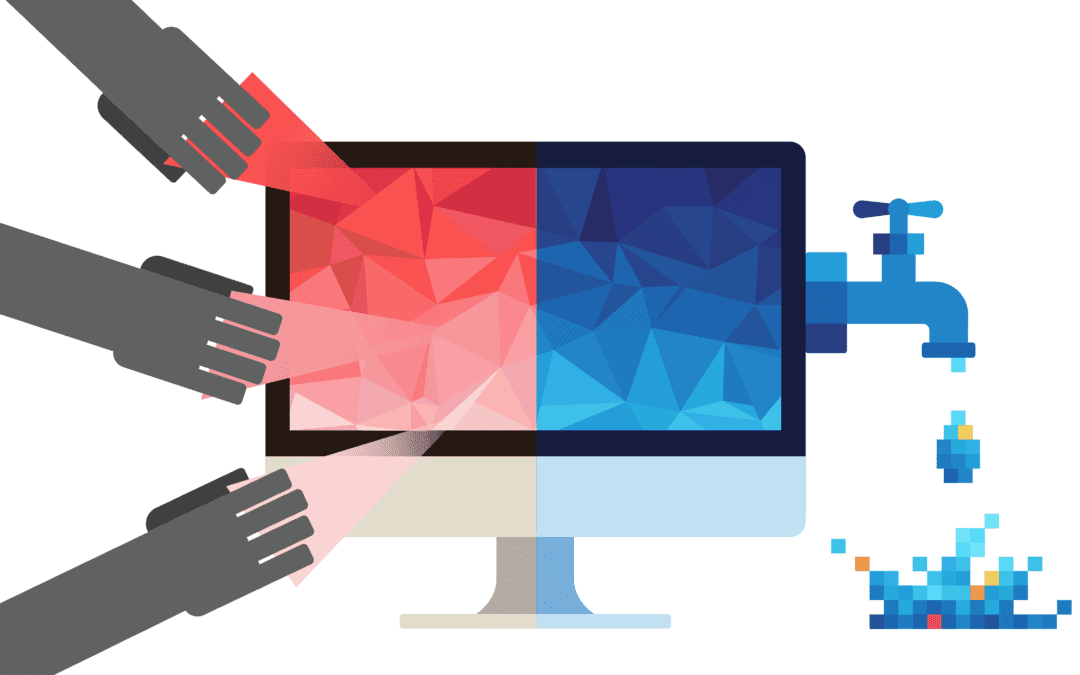
VALUE
Most enterprises using only 40% of contracted Unified services
Microsoft Unified Support is comprehensive, covering every SKU for Microsoft software for businesses and enterprises. Yet most organizations don’t use every SKU.
In fact, most rely heavily on 5-8 Microsoft technologies to run their business. Check your Unified report and see where most of your tickets fall. In short, you are most likely paying for support on Microsoft software you don’t use.
On-demand IT health assessments and on-demand technical training are the additional value adds that don’t get used very much by Microsoft enterprise customers. IT health assessments are best run as baselines before migrations and immediately thereafter. Two migrations per year would be aggressive for a large enterprise IT team. On the training side of things, excellent on-demand technical training is available from several sources online other than Microsoft. The high-value training continues to be DSE level quality “train the trainer” per most enterprise IT leaders. Two-way dialogue and customized content is key to extracting value and moving strategic projects along faster.

MS eludes to direct access to product teams at any time
Microsoft Unified advert from the Unified DVP Value Datasheet with creation date of 2022 actively being used in selling season 2023:
“Microsoft Unified – expert help from the people who built your technology. Nobody knows your technology like Microsoft. Afterall, our teams built it. And with Microsoft Unified, you get direct access to Microsoft experts at any time.” The same document goes on to state the following as an exclusive benefit: “only Microsoft Unified enables you to have formal access to Microsoft Product Engineering teams.”
Make sure you take the time to ask Microsoft what “formal access” means and how often you will have direct access to the Microsoft Product Engineering teams. Even better, ask for the commitment in your Unified Agreement. This capability does have real value for those enterprises doing bleeding edge development on top of hot technologies like AI. But of course your mileage may vary depending on your relationships with Microsoft and more importantly your Azure spend, but the vast majority of enterprises leaving MS Unified for US Cloud report no direct or formal access to Microsoft Product engineering teams and thus no added value.

Unified Enterprise plan reduces choice and boosts margin
The old Microsoft Unified Support model offered more choices – you had 3 plans to choose from: Core, Advanced, and Performance. Now, you have one option called Microsoft Unified Enterprise.
The new Microsoft Unified Enterprise Support costs even more – MS Unified Enterprise is a graduated pricing model similar to a progressive tax and results in significantly more cost to enterprises and better margins for Microsoft.
The biggest shortcoming of the new Unified Enterprise model is the elimination of your ability to select the level of support that is right for you and your company. Instead of choosing between Core, Advanced, and Performance, now you have a single tier with “expected” response times, which will result in higher spend on support for most enterprises, but with a faster target response time for Azure.
Additionally, the pricing calculation, or “P” in the new Unified Enterprise model, is a factor of your Azure, server, and user spends, from the last 12 months (not 5 years). And, not surprisingly, most new US Cloud customers saw MS Unified Enterprise quotes with a much higher YOY spend based off that new calculation.

Enhanced Solutions significantly increase cost of Unified Support
Most enterprises are familiar with the Unified support options of Designated Engineers (formerly DSE), Azure Rapid Response, and Developer Support.
But there are a litany of new Enhanced Solutions to tailor your MS Unified experience and grow your Microsoft bill.
These new Unified Support options include Enhanced Designated Engineering, Mission Critical Support, Unified Enhanced Response, Office 365 Engineering Direct, Azure Event Management, and GitHub Engineering Direct. Below is a brief description of each new Unified add-on.
Enhanced Designated Engineering
Increase productivity and empower your IT staff with long-term, customized engagements supported by a team of experts that help to maximize the value of your technology.
Support for Mission Critical
Achieve peak performance of your most business-critical solutions, with in-depth support and preventative services to identify potential risks and create the most stable environment possible.
Unified Enhanced Response
Empower and care for your business with accelerated response times for key severities and additional Microsoft experts for streamlined resolution across all products.
Office 365 Engineering Direct
Gain a line to Office 365 product engineering teams and minimize downtime with advanced monitoring, escalation, and incident analysis for your cloud productivity solutions.
Azure Event Management
Ensure the success of your next major digital event, from planning to execution, with access to expert advisors, pre-event guidance, and enhanced reactive support throughout your event.
GitHub Engineering Direct
Manage your GitHub environment more effectively with expedited access to GitHub support, administration assistance, and GitHub health checks, led by a Customer Reliability Engineer.

THIRD-PARTY
Adoption accelerates as CFOs stress cost cutting and containment
Third party Microsoft support interest and adoption has accelerated in 2023 as enterprise CFOs push technology leaders and procurement teams to cut costs without damaging the core service and then reasonably contain that cost going forward.
Gartner has reported an uptick in Fortune 500 interest in alternatives to Microsoft Unified (formerly Premier) Support in 2023. Gartner asserts several reasons for the increase in inquiries.
- Economic uncertainty and threat of recession put additional pressure on CFOs to find additional fiscal efficiencies. Microsoft software, maintenance and support are large expense lines for most enterprises and should be examined closely.
- Other third party support vendors such as Rimini Street, Spinnaker, and Origina are now fully mature supporting Oracle, Salesforce and IBM while delivering considerable value over the OEMs. Microsoft third party support is a natural evolution with at least one mature vendor offering a complete replacement to Microsoft’s Premier/Unified.
- The largest alternative to Microsoft in Europe has exited the market. EU companies are now seeking third-party Microsoft support vendors with global capabilities as economic pressures mount from recessionary conditions and the ongoing energy crisis.

Gartner recognizes US Cloud maturation and large enterprise capability
In 2010 the IT analyst firm Gartner formed the Gartner Global IT Council for IT Maintenance, seeking to correct any imbalances between the value customers receive for maintenance fees and the revenue they provide vendors. It included the following clauses:
- fair percentage ranges for annual maintenance fee hikes or reductions, and long-term caps on increases
- the ability to stop or alter support at any time for unused products
Gartner has a long history with third party support and maintenance providers and their maturation path. Some software vendors have attempted to preclude customers from seeking service and support from third parties. Eventually the OEM realizes choice is good for the market and forces their offerings to become more competitive.
Since starting to following US Cloud in 2019 after its inception in 2017, Gartner has seen the third party Microsoft support provider gain momentum year over year with its singular focus on Microsoft Enterprise Support services. In 2022, US Cloud hit its 5 year mark and reports started to come in from the field of consistently good service. Gartner’s new 2023 Third Party Support Report for its Global Fortune 1000 clients will reflect that maturation and officially share that in 2024 US Cloud is planning on scaling its economical Microsoft expertise to Federal, state, local and education (SLED) markets as well as Europe (EU).

Premier for Partner agreement validates third-party escalation compliance
The 2023 Microsoft Premier for Partner agreement renewals affirm that third-party Microsoft support providers are in full compliance of the agreements and able to escalate incidents and tickets as needed.
Premier for Partner is for those who need to offer high quality technical support to their customers and have the ability to escalate support tickets to Microsoft.
Microsoft Premier Support for Partners offers complete, end to end managed support across the full Microsoft platform to meet Microsoft enterprise customers’ complex needs. From the fastest, prioritized response times for partners to 24×7 elevated break/fix support, Premier Support for Partners continues to offer the top problem resolution services to all enterprises relying on Microsoft technologies.

US Cloud expands its network of Microsoft escalation partners
In order to meet the growing enterprise demand for third party Microsoft support services, US Cloud has expanded its Elite MSP Network and escalation partners by 400% in 2023.
The US Cloud Elite MSP Network is composed of the nation’s top 1% of Microsoft Certified Partners in their respective Microsoft technology domain of expertise.
US Cloud’s Elite MSP Network gives enterprises on-demand access to hundreds of AI, Azure, Dynamics and Microsoft 365 architects and designated engineers to enhance their internal IT teams, handle migrations, or address long-term projects that may have stalled due to reduced workforce capacity or skill gaps.

Proof of Concept trials key to assessing Unified alternatives
Proof of Concept (POC) trials should demonstrate the ability of a vendor to meet an enterprise’s requirements, and prove the business case for contracting with the vendor after a successful POC.
In addition to showing operational feasibility, the POC also prepares the enterprise for a seamless transition to full implementation upon POC completion.
The Business Case
Enterprise procurement and IT leaders have identified Microsoft’s Premier/Unified Support as both a cost and quality concern. Procurement success is measured by controlling existing costs, avoiding future cost increases, and reducing existing cost without impacting service delivery. IT Leaders are measure for success by system availability, strategic project completion, and end user experience.
Business Key Performance Indicators (KPI)
Procurement: Year 1 average cost savings of 36%. 5 Year average cost avoidance of 153%. Year 1 average efficiency gain 24%.
Enterprise IT: Year 1 average system availability increase of .32%. 5 Year average additional strategic projects completed 9.7. Year 1 average end user NPS gain: 4.1.
Sponsor and Stakeholders
Identify the single sponsor making the “go” or “no go” decision during POC sign-off. Identify and involve other stakeholders, which may include leaders from infrastructure and operations, security, procurement, and the CIO office. Prepare to involve legal for contract review and compliance for regulatory requirements.
POC Scope
The purpose of the POC is to demonstrate viability of US Cloud replacing Microsoft Premier/Unified Support. Ensure nondisclosure agreements (NDAs) are executed. Validate support service delivery success over 30 day time period: Core Microsoft technologies, faster initial response time, faster time to resolution, escalation to Microsoft, US Cloud client portal parity, 24/7 multi-national coverage, Technical Account Manager (TAM) proficiency, and proactive engagement capabilities.
POC Success Criteria
Success criteria include validation of: Ability to support core Microsoft technologies, faster initial response time, faster time to resolution, escalation to Microsoft, US Cloud client portal parity, 24/7 multi-national coverage, Technical Account Manager (TAM) proficiency, and proactive engagement capabilities.
Post-POC Steps
Upon completion of a successful POC with US Cloud, stakeholders should communicate to their respective teams to fully engage US Cloud for all Microsoft support needs. Finance should assure the Purchase Order matches payment terms agreed to in the contract.
POC Associated Commercials
US Cloud support hours consumed during the POC are chargeable. Upon successful completion of the POC, consumed hours are deducted from the total hours in the contract. If the POC is unsuccessful, the POC candidate is invoiced only for the support hours consumed.

